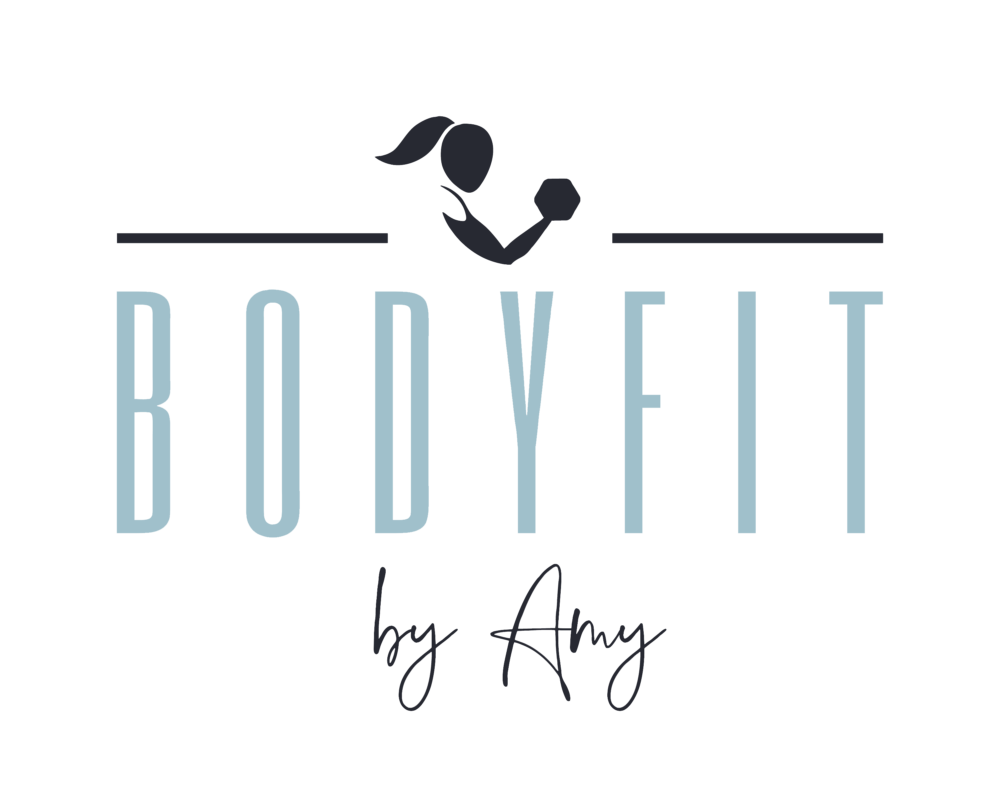Written by Vivian Schemper, RD, LDN
Intuitive Eating (IE) is an evidence-based eating approach that was designed to help individuals get back in touch with their body’s needs. Most of us rely on external food rules to determine what, when, and how much to eat instead of listening to our bodies. The term IE was coined back in 1995 by registered dietitians Evelyn Tribole and Elyse Resch, but it hasn’t really gained much traction until recently. As more and more people reject diet culture and strict food rules, honoring your body’s hunger signals and cravings has become increasingly popular. Here are three key components of IE that should you know:
THERE ARE NO FOOD RULES AND ALL FOODS FIT
When it comes to this eating approach, you have to trust your body. Some days, you will want more food than other days. With IE, you would honor that instead of finding ways to curb your hunger. If you want to eat 12 cookies, IE tells you to allow yourself to do that without guilt. I know that may seem like a wild idea, but if you eat with intention, and explore why you feel the need to eat 12 cookies, you may come to find that this desire stems from labeling cookies as “bad” or “forbidden”. Perhaps, you feel you need 12 because that’s what you always do when you are stressed. As you begin to trust your body and eat cookies without judgment or guilt, you may find that your body is quite okay with say, 2-3 cookies instead of 12 of them. IE encourages you to eat foods you love freely and without guilt regardless of nutritional quality. This eating approach is particularly helpful for individuals who have struggled with the yo-yo dieting cycle or those who struggle with binge-eating disorder.
IT’S NOT ABOUT WEIGHT LOSS; IT’S ABOUT IMPROVING YOUR RELATIONSHIP WITH FOOD.
When trying to lose weight, there are rules and directions to follow, and that’s not intuitive. However, when people begin to eat intuitively, some lose weight as a side effect of improving their relationship with food. When you get rid of food rules and discover food freedom, you often find that you are indeed in control, and food is not in control of you. As a result, you tend to eat the right amount for YOU, and that could lead to weight loss. Keep in mind that IE can also lead to weight maintenance and weight gain. It’s about trusting and respecting your body while honoring its needs regardless of what happens to your weight.
INTUITIVE EATING IS HARDER THAN YOU THINK
Eat what I want, when I want? Sounds easy, right? Well, not so fast. It is in early childhood that intuitive eating goes out the window. How many times did your mom or dad tell you that you couldn’t get up from the table unless you finished your plate? From an early age, many of us are obligated to eat a certain amount of food and told to eat at specific mealtimes. We were rarely trusted if we said, “I am full” or “no thanks.” We are born as intuitive eaters, but as we grow older, we lose that skill thanks to the diet rules that get put in place from those around us. Our parents are not the only ones responsible for the loss of intuitive eating skills. At school and work, there are designated meal times, making it difficult for you to choose when to eat. In addition, we have diet culture, always screaming and yelling at us to eat this and not that, while encouraging us to ignore our physical hunger by chewing gum or drinking water. All of these things combined, and it is no wonder that we are not good at eating when we are truly hungry and stopping when we feel full. It is hard to let go of the food rules that we have heard for so long and it takes time, self-compassion, and patience to reach a place where you enjoy all foods without guilt or remorse.
THE BOTTOM LINE
IE is a powerful approach that can help you honor your hunger, reject the diet mentality, and improve your relationship with food. It is not an eating approach to improve your appearance or lose weight. It can take a lot of time and patience to let go of the food rules and guilt that are ingrained in our brains from years of diet culture. For those wanting to adopt this eating approach, we recommend working with a registered dietitian nutritionist who is certified as an intuitive eating counselor.





Thanks for this interesting article. I certainly agree with the core principles of IE-eating what you like. But I do believe this should be done in moderation.
However, as someone who was permanently hungry and would eat non-stop, I am slightly sceptical.
Having done some reading about it, I now think that my ghrelin hormone was malfunctioning. I wonder how IE would account for that.
I discovered IE this year and as someone who has had an eating disorder and disordered eating it’s been a game changer. I’ve also utilized a therapist and an IE coach to help me with through the process. So long diet culture and food restricition.
This article is great! I am now more aware about intuitive eating. Thanks for sharing